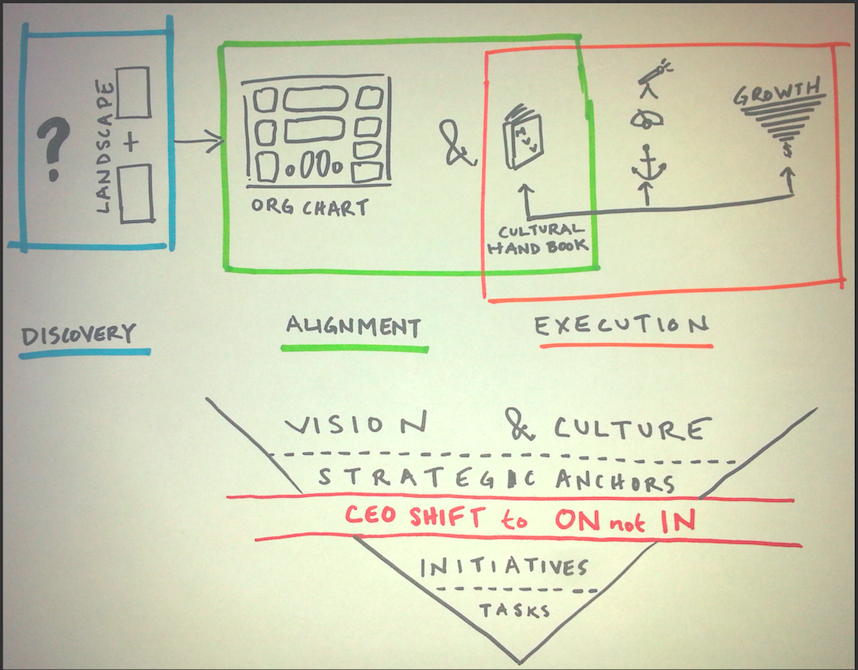 How can you structure leadership and decisions in a church to most effectively be on mission? This is critical because when power/control are centralized in a church, the mission suffers. Church leaders who micro-manage or want to be involved in every decision will end up creating an institutional church. A previous post discusses framing decisions through a lens of Corporation, Community & Cause to create a transformational church. In that post, decisions are looked at as normative which need to be handled centrally, existential at the community level and situational which need to be handled by the 'cause leader'. Here are three add'l criteria to leading a movement & decision making (see: Decision-Making Diagram ):
How can you structure leadership and decisions in a church to most effectively be on mission? This is critical because when power/control are centralized in a church, the mission suffers. Church leaders who micro-manage or want to be involved in every decision will end up creating an institutional church. A previous post discusses framing decisions through a lens of Corporation, Community & Cause to create a transformational church. In that post, decisions are looked at as normative which need to be handled centrally, existential at the community level and situational which need to be handled by the 'cause leader'. Here are three add'l criteria to leading a movement & decision making (see: Decision-Making Diagram ):
Vision/Values: Elders and centralized leadership should decide and guard the vision & values of a church movement. The larger the movement, the greater the effort should be made to minimize the centralized leadership from going beyond championing these areas. This means beyond Biblical requirements, movements will need to ensure elders can function in overseeing a movement without micromanaging. There will be a level of knowing that missional churches will tend to be messier than an institutional church.
Strategy: Ministry leaders or elders should be empowered to determine the strategy for their ministry focus or cause. The strategy should agree with the vision & values and leaders should always be receptive to input, but the centralized leadership should be careful not to issue directives.
Tactics: Ministry Groups should be given authority to determine specific tactics on how to implement the strategy. A team approach to ministry should effectively minimize the need for oversight from directors.
Credits: This topic was discussed at our Harbor Monthly Church Planters Meeting.


